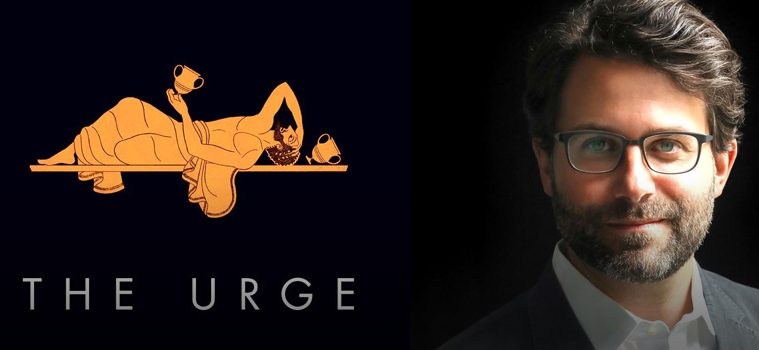AUDIO – WORTH A LISTEN –
Jan. 29, 2022 – Carl Erik Fisher: I’m glad you asked about the term “disease,” specifically, because it’s a real stumbling block. And different people mean a lot of different things by disease. I wrote a piece in The New York Times about being skeptical about the label disease. And a lot of people took that as a personal affront, like I was questioning the reality or the way they make sense of disease. And that wasn’t my intent at all.
The problem I see is that disease can mean, at a baseline, that something is amenable to medical treatment, that medicine has a role to play in helping folks, and that is absolutely the case for addiction. We can save so many lives by expanding or improving medical treatment. But there are many other levels of disease that have been, at various times throughout history, superimposed on that more basic and defensible position. So for example, addiction as a disease might be taken to mean that biology is the best — that through a reductionist lens, we’re going to figure it out that brain science or some sort of chemical understanding is the way that we’re going to crack this nut and finally cure addiction. And that’s misleading.
And then there are other notions like addiction as a disease is permanent, or that all people with addiction have the same kind of addiction. And that’s also untrue. We have very good data establishing the heterogeneity and the diversity of addictive experiences. So when you ask, “When did we start thinking of addiction as a disease?” I was curious about this too. And what I found is that it wasn’t one question, it was many questions with many threads that appeared in different ways, sometimes helpful, sometimes harmful, and that there was a lot of use even just in making sense of my own situation to unravel those threads a little bit. … I like a really broad and capacious understanding of the word “addiction.” I like the way that we used it 500 years ago, back when it first entered the English language — that it was a strong devotion that had some element of an impairment in self control. That’s not a neat definition. It’s not something that you could put in a medical textbook, but I don’t think that medicine is the only frame for understanding this. I think there’s a lot of danger if we police the borderlands of addiction too tightly. In the end, I think it has a lot to do with self-definition, and one’s own personal identity.



